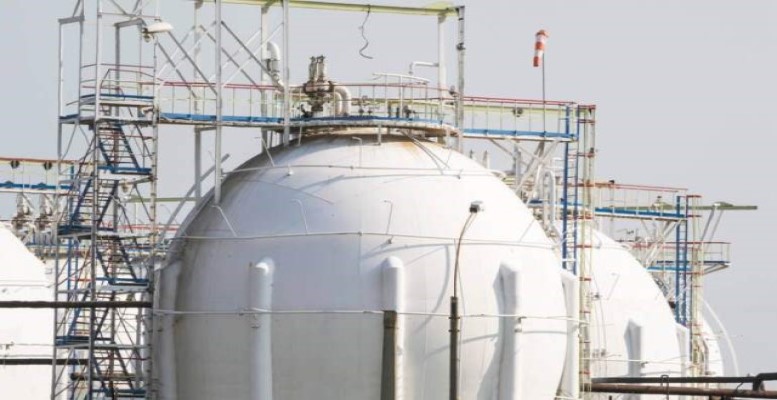A record six (mostly extraordinary) meetings were held in the end and the last one produced a white smoke: an agreement to impose a €180 cap on the price of imported gas.
The new ‘gas market correction mechanism’ will operate with a double safety key. It will be triggered automatically when, for 3 consecutive days, the price on the Dutch TTF market reaches 180 euros per megawatt hour (MWh). But a second requirement must also be met: the price must be 35 euros higher than the reference price on the global liquefied natural gas (LNG) markets. This kind of premium will help the EU “maintain its attractiveness” for producers in the face of competition from Asian markets, says Spanish minister Teresa Ribera.
Apart from the fact that the activation thresholds are already high in themselves (gas has traded in recent days at around 130 euros MWh and on Monday it was at 110 euros), the mechanism includes a long list of safeguards (both before and after the event) that cast doubt on its effectiveness in a real scenario. Exceptions have been included at the request of Germany and the Netherlands, the countries most hostile to the gas cap. “The Commission is ready to suspend ex ante the activation of the mechanism if an analysis by the European Central Bank, the European Securities and Markets Authority (ESMA) and the Agency for the Cooperation of Energy Regulators (ACER) shows that the risks outweigh the benefits,” said Energy Commissioner Kadri Simson.
In addition, the gas cap will be suspended immediately if there is a drop in LNG arrivals in the EU that affects security of supply, if there is a significant increase in demand or also if there is instability in the financial markets, in particular if there is an increase in margin calls for companies operating in organised gas markets.
In fact, the mechanism seems designed never to be used. This has been acknowledged by several ministers both from countries that are in favour, such as Belgium, and those that are against, such as the Netherlands. “The role of the mechanism is to intervene when gas prices reach unreasonable levels, as happened in August 2022. That is why I hope that this cap will never be activated. In this sense, it works like the airbag in a car, it is there to protect us only if we have an accident,” said Belgian energy minister Tinne Van der Straeten.
Despite all these safeguards, the Netherlands and Austria abstained and Hungary voted against. Germany joined the majority.





